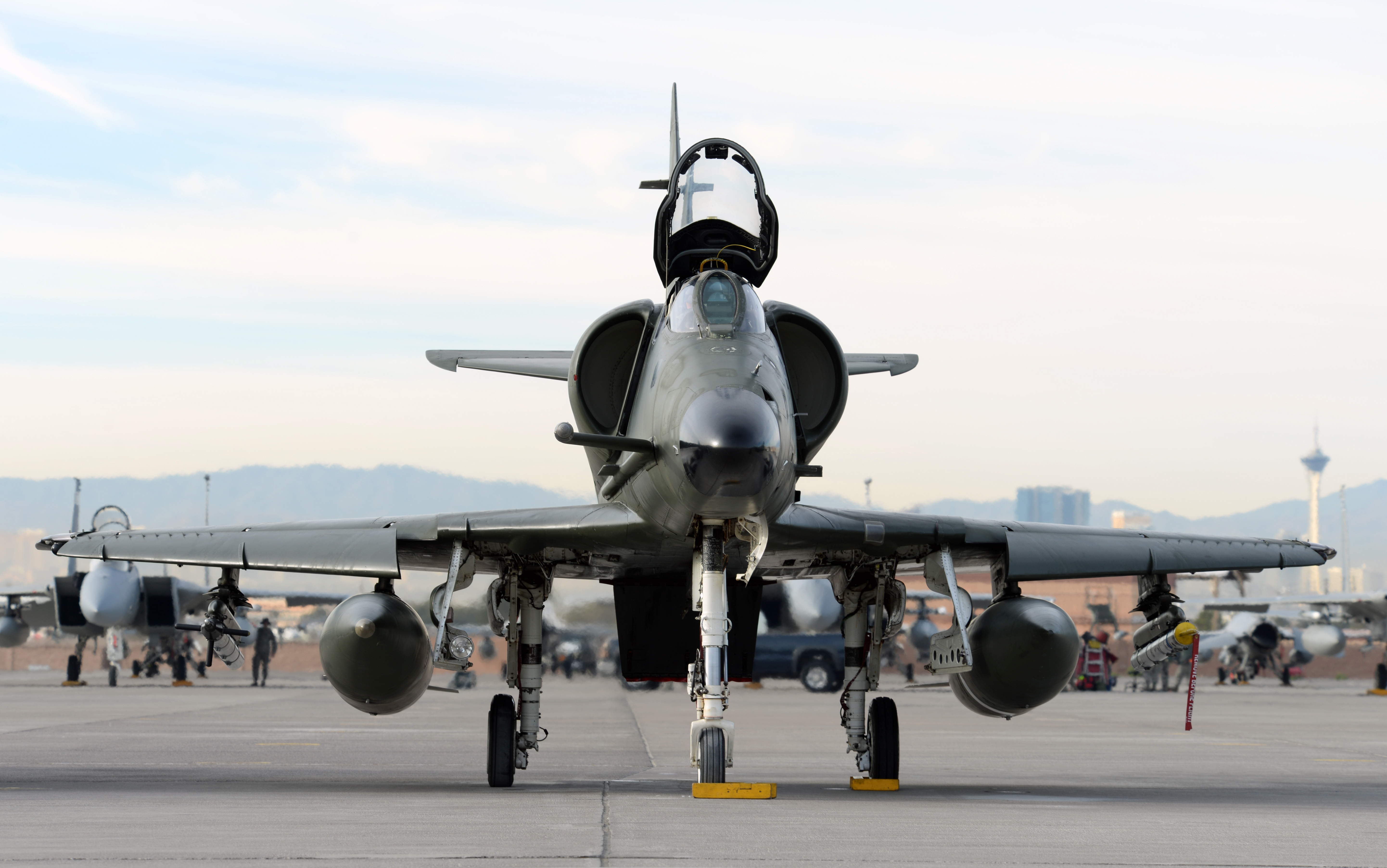alannahburkhar
About alannahburkhar
Exploring the World Of Private Flights: A Comprehensive Research

In recent times, the aviation business has witnessed a significant shift in direction of private flights, reflecting a rising demand for customized travel experiences. This report delves into the intricacies of private flights, inspecting their advantages, market tendencies, operational dynamics, and the future of this section within the broader context of air travel.
Overview of Private Flights
Private flights confer with the transportation of people or teams on non-industrial aircraft, which can range from small jets to larger, luxurious planes. Unlike commercial flights, private aviation affords flexibility in scheduling, unique access to airports, and a better stage of comfort and privacy. The marketplace for private flights encompasses numerous segments, including business aviation, leisure travel, and air charter providers.
Benefits of Private Flights
- Time Effectivity: One of the most vital advantages of private flights is the time saved. Travelers can avoid lengthy security traces, verify-in processes, and layovers associated with commercial flights. Private jets can entry smaller airports nearer to the final vacation spot, further decreasing travel time.
- Flexibility: Private flights enable for customizable itineraries. Travelers can select their departure times, routes, and even the aircraft sort primarily based on their particular needs. This flexibility is particularly beneficial for business travelers who could must make last-minute changes to their plans.
- Consolation and Privateness: Private jets provide a level of consolation that industrial airways can not match. Passengers can enjoy spacious cabins, luxurious seating, and customized services, including gourmet catering and in-flight entertainment options. Additionally, the privacy afforded by private flights is invaluable for prime-profile people or corporate executives.
- Security and Well being: The COVID-19 pandemic has heightened consciousness of well being and safety in travel. Private flights provide a controlled atmosphere, lowering publicity to giant groups and permitting for customized hygiene protocols. Many travelers now view private aviation as a safer different to business airways.
Market Developments
The private aviation market has skilled substantial development, notably post-pandemic. In response to trade studies, the demand for private flights surged by over 30% in 2021, with many new entrants exploring this mode of travel. Key trends influencing this development include:
- Increased Accessibility: The rise of fractional possession and jet card programs has made private flights more accessible to a broader viewers. These models permit people to purchase a share of an aircraft or pre-buy flight hours, lowering the financial barrier to entry.
- Technological Developments: Innovations in aviation expertise have improved the efficiency and security of private flights. The introduction of superior navigation programs, gas-environment friendly engines, and enhanced communication tools has made private aviation more interesting.
- Sustainability Initiatives: As environmental issues change into more pressing, the private aviation business is responding with initiatives aimed at reducing carbon footprints. Many operators are investing in sustainable aviation gasoline (SAF), carbon offset programs, and extra environment friendly aircraft designs.
- Diverse Aircraft Options: The market affords a variety of aircraft, from mild jets for brief journeys to large cabin jets for lengthy-haul flights. This diversity allows travelers to select one of the best aircraft based mostly on their specific travel requirements and budget.
Operational Dynamics
The operation of private flights involves several key parts:
- Aircraft Management: Private aircraft may be owned outright, managed by a 3rd-occasion company, or accessed by way of charter companies. Aircraft management firms handle maintenance, crew hiring, and scheduling, making certain compliance with aviation regulations.
- Charter Companies: Charter firms provide on-demand flight services, offering flexibility for travelers who don’t wish to own an aircraft. These services can be booked by means of on-line platforms, with various pricing models available, together with hourly charges or mounted-value charters.
- Regulatory Compliance: Private aviation is topic to strict laws governed by aviation authorities, such as the Federal Aviation Administration (FAA) in the United States. Operators should adhere to security standards, pilot training necessities, and maintenance protocols to ensure passenger security.
- Flight Planning: Effective flight planning is essential for optimizing routes, managing gas consumption, and ensuring timely arrivals. Superior flight planning software and experienced flight planners play an important position in this course of.
Economic Influence
The private aviation sector contributes significantly to the worldwide economic system. It helps 1000’s of jobs in areas resembling manufacturing, upkeep, and operations. If you adored this article and also you would like to collect more info regarding Privatejetcardreview generously visit our own web page. Moreover, private flights stimulate local economies by selling tourism and enterprise journey to remote areas that will not be easily accessible by industrial airlines.
Challenges Going through the Business
Regardless of its growth, the private flight industry faces several challenges:
- Price Boundaries: Whereas fractional possession and charter services have made private flights more accessible, the overall value remains prohibitive for many people. Excessive operating costs, insurance coverage, and upkeep bills can deter potential clients.
- Environmental Considerations: The aviation industry is underneath increasing scrutiny regarding its environmental impression. Private flights, usually perceived as a luxury, face criticism for his or her carbon emissions. The industry must steadiness demand with sustainability initiatives to handle these issues.
- Regulatory Hurdles: Navigating the advanced regulatory landscape will be challenging for private operators. Compliance with security requirements, air visitors laws, and worldwide legal guidelines adds layers of complexity to private flight operations.
The way forward for Private Flights
Looking ahead, the future of private flights seems promising, pushed by technological developments and changing consumer preferences. The mixing of electric and hybrid aircraft could revolutionize the business, offering more sustainable travel options. Additionally, as remote work turns into extra commonplace, the demand for versatile journey options is probably going to increase.
In conclusion, private flights characterize a dynamic and evolving section of the aviation industry. With their myriad benefits, rising accessibility, and flexibility to altering market calls for, private aviation is poised for continued progress. However, addressing environmental issues and regulatory challenges shall be crucial for sustaining this momentum in the years to come back.
No listing found.
